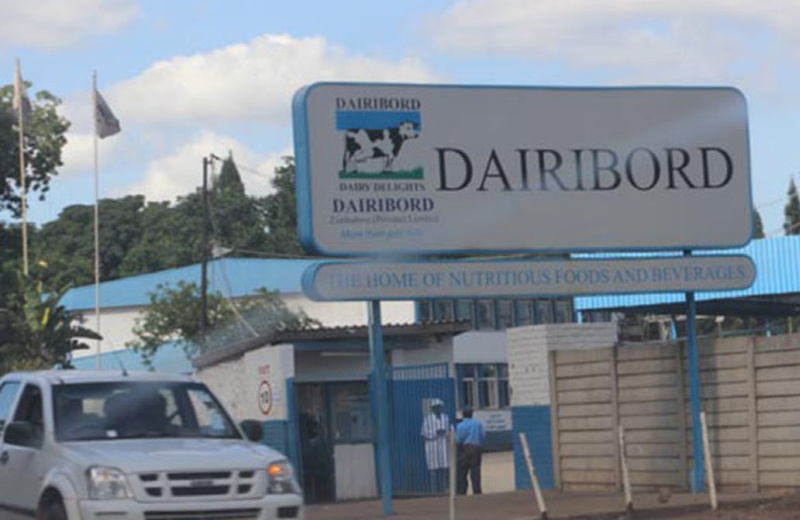Dairibord to sell 25 properties
DAIRIBORD Holdings Limited, Zimbabwe’s largest milk processor plans to sell 25 properties to raise US$4,12 million this fiscal year to finance the re-tooling agenda in a bid to improve dairy production in the beverage and food sectors.
The group issued mandates to four registered estate agents in January this year to facilitate the disposal of 25 of its properties which had been evaluated as excess to property requirements. The proceeds from the sale of the properties are meant to be utilised to finance planned capital expenditure that will see an upsurge in production and sales volumes.
To date, one property in Chiredzi has since been sold which had a book value of ZWL$850 000 000 and was sold for a total of ZWL$712 000 000.
The manufacturing sector has been bogged down by obsolete equipment, negatively impacting industrial capacity utilisation, therefore, retooling for businesses has been identified as key to improving capacity utilisation and most firms have in recent years taken on that path.
In the annual 2023 report, the firm said, “The total value of the 25 properties at the date of the last valuation is US$4,12 million. As at the date of this report, one property has since been sold (Stand 335 Chiredzi) which had a book value of ZWL$850 000 000 and was sold for a total of ZWL$712 000 000 hence realising a loss of ZWL$138 000 000.”
It added that subsequent to year-end, the assets designated for disposal were classified as Non-Current Assets Held For Sale in line with the requirements of International Financial Reporting Standard 5. The assets held for disposal do not qualify for classification as a discontinued operation. Dairibord chairperson Mr Josphat Sachikonye said the group was well-positioned to capitalise on emerging opportunities.
“As part of its growth strategy, the organisation will continue to explore avenues for expansion, both domestically and regionally, while ensuring a sustainable and responsible approach to business operations,” he said. “The toll manufacturing project in South Africa is at an advanced stage and is anticipated to enhance foreign currency earnings and mitigate some risks associated with the group’s local operations.”
According to the report, the firm says energy efficiency is a critical component of its operations, as it is used to power equipment, vehicles, and maintain illumination. “Our substantial expenditures and contribution to the emission of air pollutants, including greenhouse gases, result from our reliance on non-renewable energy sources. As an effort to alleviate these effects, we have invested in energy-efficient equipment and mandated the use of LED illumination, among other measures.”
It added that the Zesa tariff system has additionally facilitated the avoidance of penalties through the promotion of energy consumption during off-peak periods. “We are committed as a business to reducing our carbon footprint and investigating renewable energy sources to satisfy our energy requirements.”-chroncile











